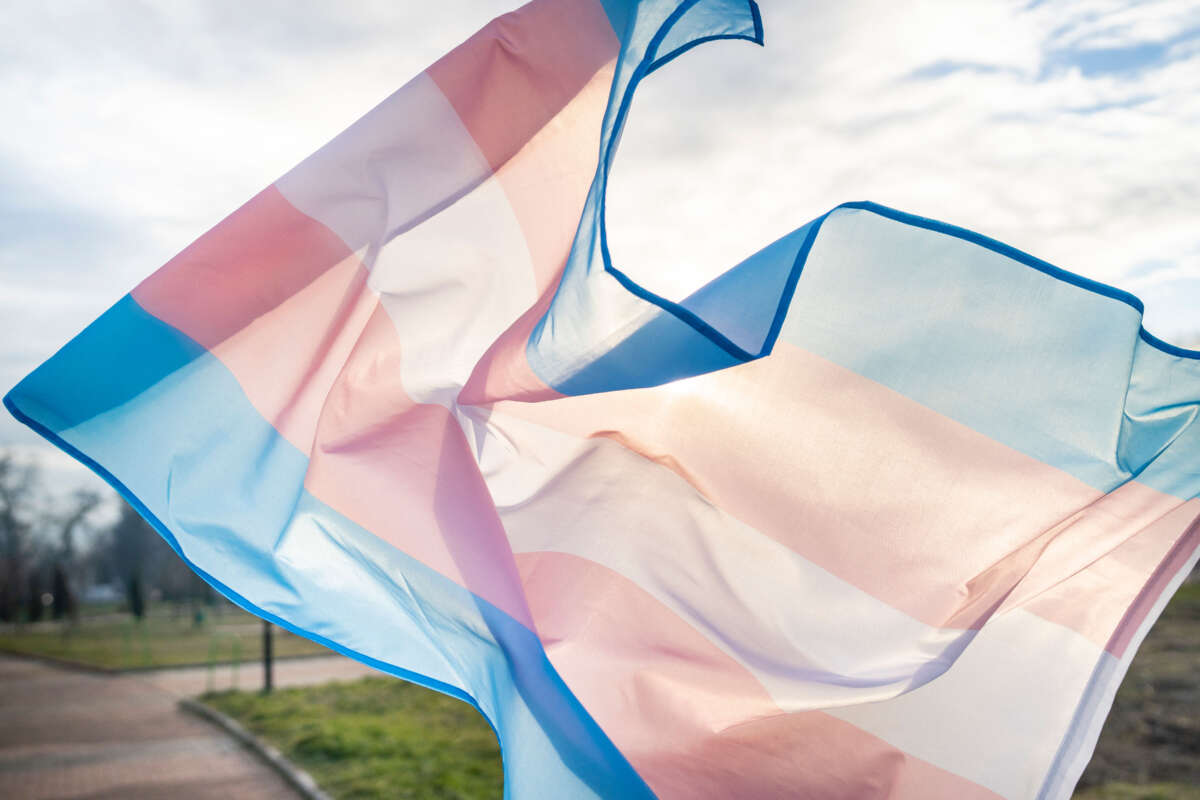A federal court ruled on Tuesday that an Idaho law prohibiting doctors from providing transgender minors with access to gender-affirming care is likely unconstitutional and blocked the law from taking effect. The gender-affirming healthcare ban, which was originally planned to go into effect on January 1, would have made providing puberty blockers and hormone therapies to transgender youth a felony.
“This victory is significant for Idaho transgender youth and their parents, and will have an immediate positive impact on their daily lives,” Leo Morales, executive director of the ACLU of Idaho, said in a statement.
Judge B. Lynn Winmill of the U.S. District Court for the District of Idaho held that Idaho’s anti-trans law likely violated the Due Process Clause and the Equal Protection Clause under the 14th Amendment.
“Transgender children should receive equal treatment under the law. Parents should have the right to make the most fundamental decisions about how to care for their children,” Winmill said in his ruling.
According to the court order, when Idaho’s gender-affirming care ban passed the legislature, Jane Doe, a 16-year-old transgender girl and one of the plaintiffs challenging the law, wept in the hallway at her school and her parents had to take her home. Before receiving gender-affirming care, she “sometimes wished she did not even exist,” the complaint challenging the law said, but access to gender-affirming care “significantly improved” her mental health.
“Every family wants what is best for their children, and families who love and accept their transgender youth are no different,” Li Nowlin-Sohl, senior staff attorney for the ACLU’s LGBTQ & HIV Project said in a statement. “These dangerous efforts to control our bodies and our families threaten the well-being of trans youth, the strength of our communities, and the ability of every family to determine what’s best for their child.”
Another plaintiff in the lawsuit, Pam Poe, a 15-year-old trans girl, “struggled with depression, anxiety and self-harm” before receiving gender-affirming care which “greatly improved” her mental health. If the gender-affirming healthcare ban went into effect, her and her family would have considered leaving the state.
“This judicial decision is a much-needed ray of hope for trans people amid a years-long onslaught against their rights to access health care and ability to navigate the world around them,” Morales said in a press release. “Everyone should be free to live and thrive in their authentic identity, which means transgender people should not be shut out of accessing medically sound health care.”
Idaho is one of 22 states that have restricted or banned transgender youth from accessing gender-affirming care, according to the Movement Advancement Project (MAP). In a recent report, MAP described the gender-affirming healthcare bans as part of a “war against LGBTQ people in America and their very right and ability to openly exist.” While many of these bans have been temporarily blocked by the courts, the U.S. Court of Appeals for the Sixth and Eleventh Circuits have reversed lower court injunctions, allowing bans in Kentucky, Tennessee and Alabama to go into effect.
Research by the Trevor Project shows that debates around anti-trans bills negatively affect transgender and nonbinary youth’s mental health and a majority of those trans youth (55 percent) said anti-trans bills “very negatively” affected their mental health. Gender-affirming healthcare bans don’t just hurt transgender and nonbinary people, but also affect the health and well-being of LGBTQ+ adults, according to a Human Rights Campaign poll. The poll found that 8 in 10 LGBTQ adults said that the bans made them feel less safe and “worsen[ed] harmful stereotypes, discrimination, hate and stigma.”
Our most important fundraising appeal of the year
December is the most critical time of year for Truthout, because our nonprofit news is funded almost entirely by individual donations from readers like you. So before you navigate away, we ask that you take just a second to support Truthout with a tax-deductible donation.
This year is a little different. We are up against a far-reaching, wide-scale attack on press freedom coming from the Trump administration. 2025 was a year of frightening censorship, news industry corporate consolidation, and worsening financial conditions for progressive nonprofits across the board.
We can only resist Trump’s agenda by cultivating a strong base of support. The right-wing mediasphere is funded comfortably by billionaire owners and venture capitalist philanthropists. At Truthout, we have you.
We’ve set an ambitious target for our year-end campaign — a goal of $250,000 to keep up our fight against authoritarianism in 2026. Please take a meaningful action in this fight: make a one-time or monthly donation to Truthout before December 31. If you have the means, please dig deep.
